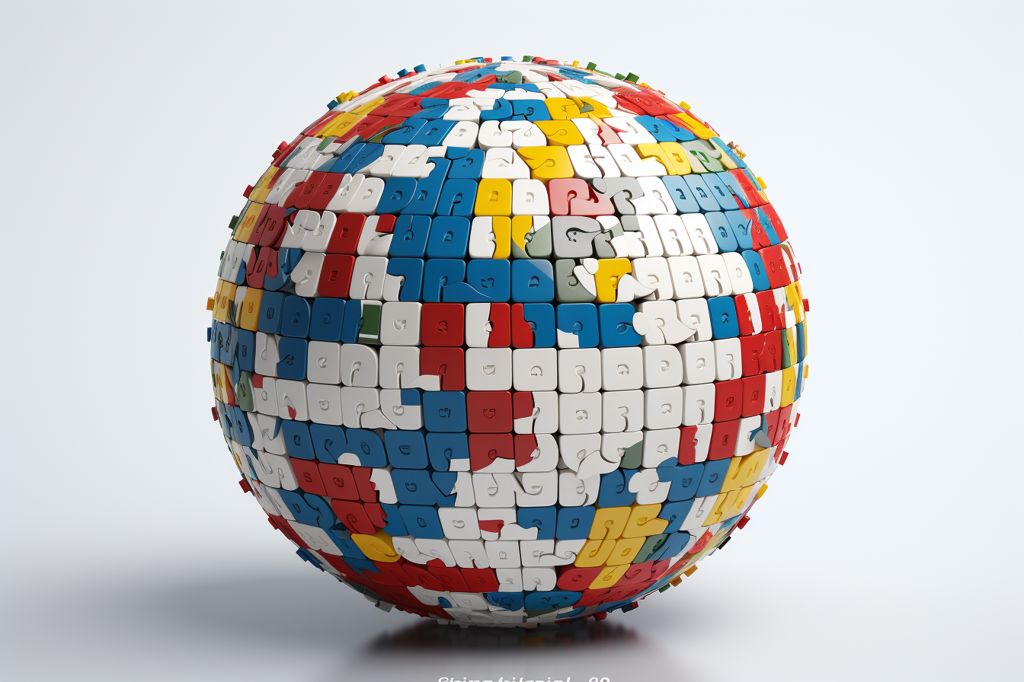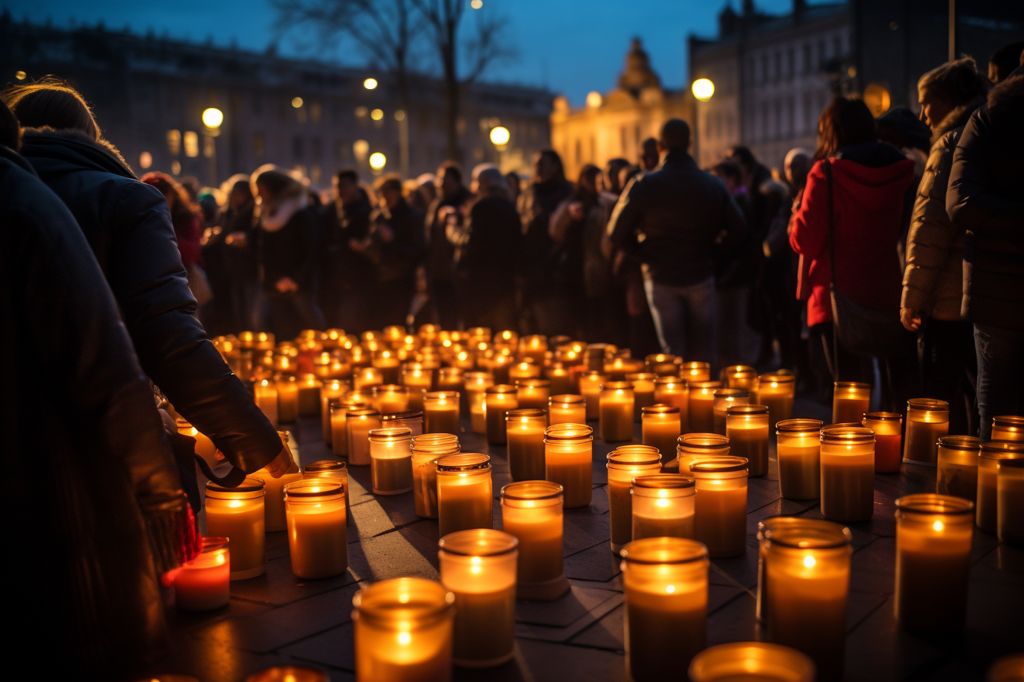Championing Global Objectives
South African President Cyril Ramaphosa recently took to the stage at the United Nations General Assembly in New York, fervently urging world leaders to focus on the Sustainable Development Goals (SDGs). Comprising 17 global targets, the SDGs aim to eradicate poverty, protect the environment, and foster worldwide prosperity by 2030.
Central to Ramaphosa’s speech was a plea for immediate action, highlighting the dire repercussions of the COVID-19 pandemic on development and the pressing need to expedite progress in achieving the commitments made in 2015.
Ramaphosa drew attention to the disproportionate burden shouldered by the world’s poorest and most vulnerable populations, who endure the fallout of global inaction in significantly advancing the SDGs. To address this urgent predicament, he proposed a multifaceted approach encompassing heightened efforts against climate change, pollution, and biodiversity loss.
National Efforts and Global Cooperation
Additionally, Ramaphosa underscored the significance of each nation’s right to chart its own course towards realizing common global objectives. He contended that to successfully eradicate poverty, countries require a supportive international environment.
A crucial component of Ramaphosa’s vision entails overhauling the global financial framework. He urged for a just, rules-based, and multilateral global trade system that guarantees equal access to global markets for developing economies, particularly in light of increasing protectionism.
The South African president also expressed his approval of the substantial strides made in addressing the repercussions of the current global economic crises on low- and middle-income nations. Such measures encompass the mobilization of additional financial resources for the 2030 Agenda, debt restructuring, and concessional and grant financing aimed at diminishing poverty and hunger.
Tackling Fundamental Development Challenges
In addition, Ramaphosa echoed calls to confront the core development issues that have long typified our unequal world. To effectively address these concerns, targeted investments, technology transfers, and capacity-building support are essential, with particular emphasis on crucial sectors such as industrialization, infrastructure, agriculture, water, energy, education, and healthcare.
Ramaphosa asserted that realizing the SDGs hinges on the reliable and sustained financial backing of the international community, coupled with favorable trade policies. These initiatives will contribute to the crucial reform of global social, economic, and political relations, which forms the basis for the success of the SDGs.
In summary, President Cyril Ramaphosa’s remarks at the UN General Assembly reveal his dedication to sustainable development and a world devoid of poverty, inequality, and environmental degradation. His address presents a compelling vision for a more equitable, prosperous, and sustainable future, accentuating the importance of international cooperation, targeted investment, and reform in attaining the global goals established in 2015.








